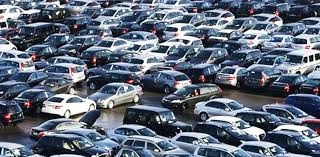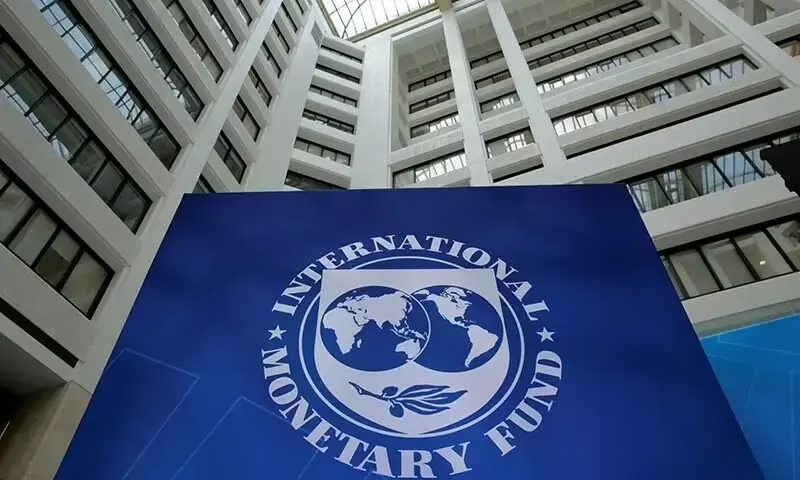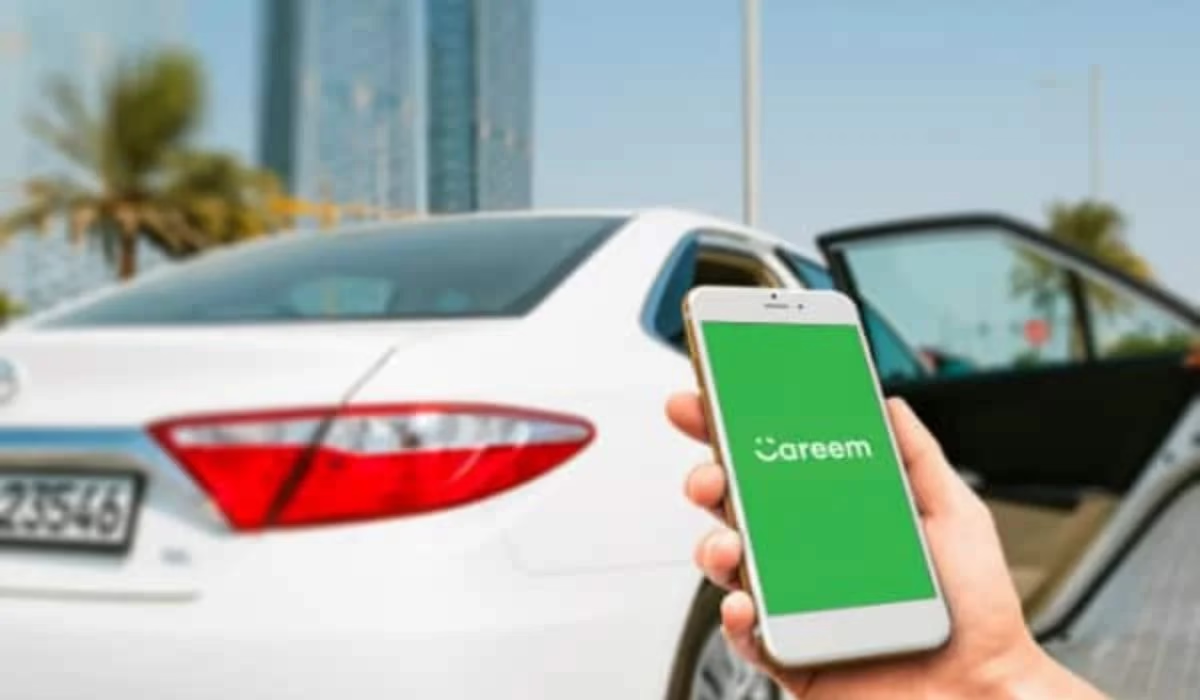The federal government has introduced 62 mandatory safety and quality standards for all locally manufactured and imported vehicles, in line with conditions agreed upon with the International Monetary Fund (IMF).
A notification issued by the Engineering Development Board (EDB), under the Ministry of Industries and Production (MoI&P), confirmed the implementation of the new regulations. This marks a major expansion from the previous 17 standards — adding 45 new requirements to strengthen road safety, ensure environmental compliance, and safeguard consumers.
The updated rules will take effect for imported vehicles from October 1, 2025, while locally assembled vehicles must comply from July 1, 2026.
Key Provisions of the New Standards:
- International Certification: Importers must provide pre-shipment inspection certificates from accredited agencies such as JEVIC, JAAI, KTL, and CAERI. These certificates must confirm that vehicles are roadworthy, accident-free, tamper-proof in odometers, and free from major exterior or interior damage.
- Safety & Environmental Compliance: Imported cars must meet international safety, noise, and emission benchmarks, including functional airbags and eco-friendly exhaust standards.
- Restrictions on Importers: Only licensed commercial importers will be allowed to bring vehicles into Pakistan. Cars with worn-out tires or harmful emissions will be rejected.
- Special EV Regulations: Electric vehicles must undergo additional checks, including battery life verification, charging standards, recycling capability, and long-term durability.
- EDB Oversight: The Engineering Development Board will verify compliance by examining seating capacity, axle configuration, load capacity, and overall quality. Vehicles failing to meet technical, environmental, or performance requirements will not be cleared, regardless of inspection certificates.
The government emphasized that these measures are designed to align Pakistan’s auto sector with global standards, enhance consumer protection, and improve road safety nationwide.



